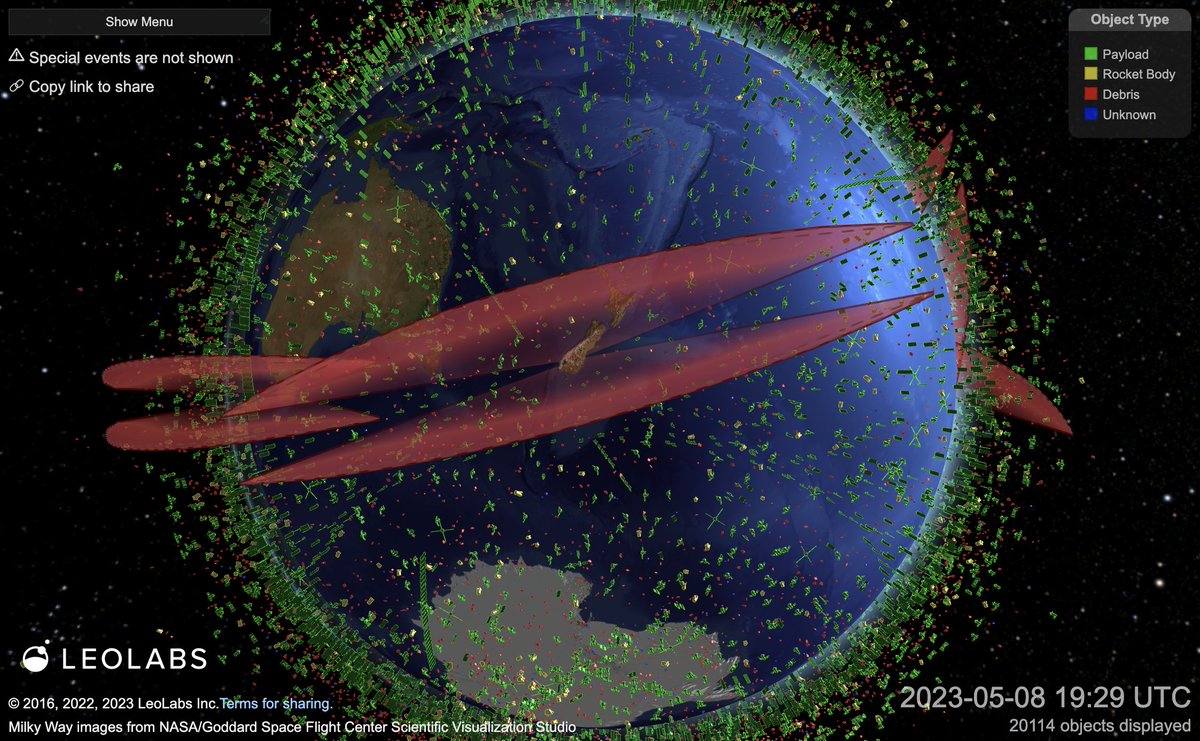
How to get URL link on X (Twitter) App


 1/ This event followed the launch of CZ-6A on 6 Aug at ~06:42 UTC and the deployment of 18 payloads.
1/ This event followed the launch of CZ-6A on 6 Aug at ~06:42 UTC and the deployment of 18 payloads. 
 1/ Why does this event matter?
1/ Why does this event matter?

https://twitter.com/LeoLabs_Space/status/1649508440061132802Members of our global operations team in the AIPAC region observed that the object missed a scheduled early morning pass over the LeoLabs Kiwi Space Radar on 8 May 2023 local time.


 This new mission phase could indicate preparations for landing of the reusable spaceplane — or something new entirely.
This new mission phase could indicate preparations for landing of the reusable spaceplane — or something new entirely.

 1/ Based on our radar tracking data, we computed a miss distance of only 6 meters with an error margin of only a few tens of meters.
1/ Based on our radar tracking data, we computed a miss distance of only 6 meters with an error margin of only a few tens of meters.

 2/ On Jan 29 at 23:39:35 UTC, these two objects will pass close by one another at a relative velocity of 14.7 km/s (900km directly above Pittsburgh, PA). Our latest metrics on the event show a predicted miss distance of between 15-30 meters.
2/ On Jan 29 at 23:39:35 UTC, these two objects will pass close by one another at a relative velocity of 14.7 km/s (900km directly above Pittsburgh, PA). Our latest metrics on the event show a predicted miss distance of between 15-30 meters. 